New Delhi, November 08, 2025: The National Summit on Accessibility 2025, organised by Svayam in partnership with the Confederation of Indian Industry (CII) and UNESCO, convened policymakers, industry leaders, and accessibility experts at Taj Palace, New Delhi, to outline a unified national framework for inclusive infrastructure across sports, tourism, mobility, and digital ecosystems.
Ms. Sminu Jindal, Founder & Chairperson, Svayam, said: “India faces an estimated loss of $1 trillion in its GDP owing to lack of accessibility inclusion in businesses, underscoring the need for accessibility to be viewed as not merely a social responsibility but a true economic imperative for the nation. The National Summit on Accessibility is critical in today's times where the need to reframe the discourse is urgent and to move beyond welfare considerations in order to position accessibility as a catalyst for national economic growth. With targeted policy interventions and systemic improvements, accessibility has the potential to significantly enhance India’s GDP and overall productivity, and it gives us at Svayam absolute pleasure in shaping a more inclusive India for all through this Summit.”
The summit featured special addresses by Vice Admiral Krishna Swaminathan (AVSM, VSM), Mr. Tim Curtis, Director, UNESCO Regional Office for South Asia, and Mr. Shombi Sharp, UN Resident Coordinator in India, who called for stronger institutional collaboration to make accessibility a social and economic priority.
Mr. Shombi Sharp highlighted the global dimension of accessibility, noting: “Around the world today, one in six people experience a significant disability – that’s approximately 1.3 billion individuals. What is more, about 80 per cent of them live in developing countries. This tells us a very clear truth: disability needs to be reimagined as a natural part of the human condition. When we build accessible sports facilities, inclusive tourism destinations, or universally designed heritage sites, we send a powerful message: everyone is welcome.”
Mr. Tim Curtis said: “Accessibility is not just about ramps or design standards, but about ensuring dignity, inclusion, and equal opportunity for all. When sport, tourism, and heritage become accessible, societies grow stronger, fairer and more resilient. India is uniquely positioned to lead globally in this space, embedding universal design across transport, sports, and tourism. We at UNESCO stand ready to partner with India and all its stakeholders to make accessibility the foundation of sustainable and inclusive development and not just an afterthought.”
A key highlight of the summit was the release of a white paper by KPMG India, titled “Does Accessibility Make Economic Sense?”, which outlined a framework to measure the economic benefits of inclusive infrastructure and workforce participation.
The day-long event featured four thematic panel discussions on:
- Accessible Sports Infrastructure, exploring inclusive design for stadiums and public spaces.
- Tourism and Culture Accessibility, focusing on accessible destinations and hospitality.
- Universal Mobility, addressing integration of accessibility in transport systems.
- Digital Accessibility, highlighting the need for inclusive design in ICT and online ecosystems.
The conference concluded with a shared commitment to develop a National Accessibility Roadmap aligned with India’s Viksit Bharat @2047 vision, reaffirming that accessibility must be central to India’s growth and inclusion strategy.




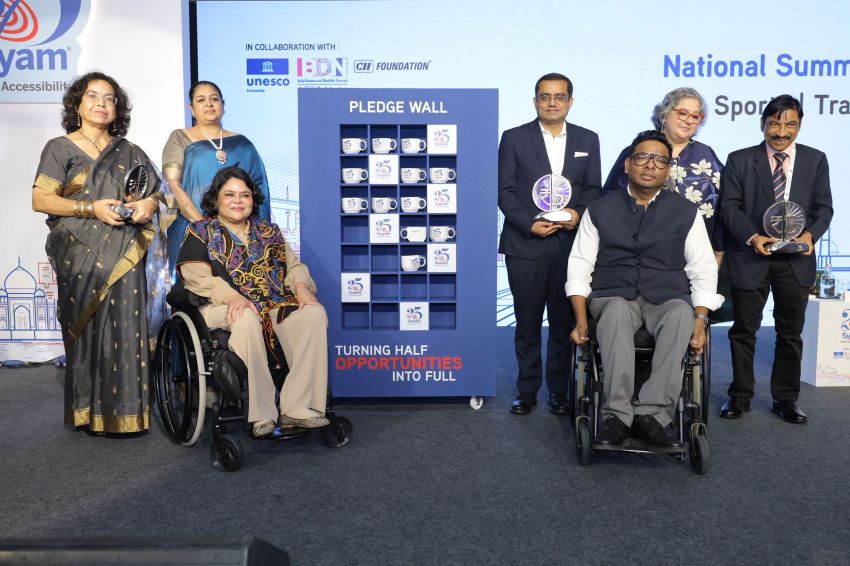
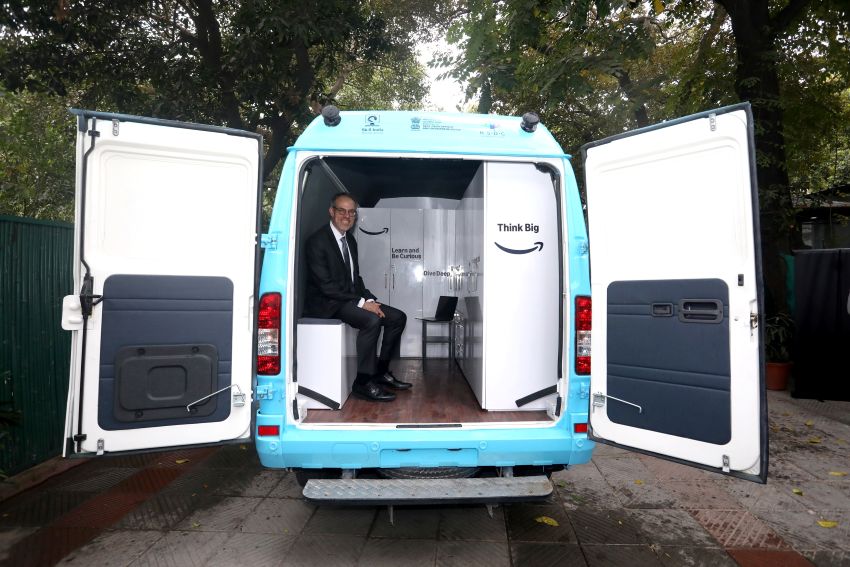
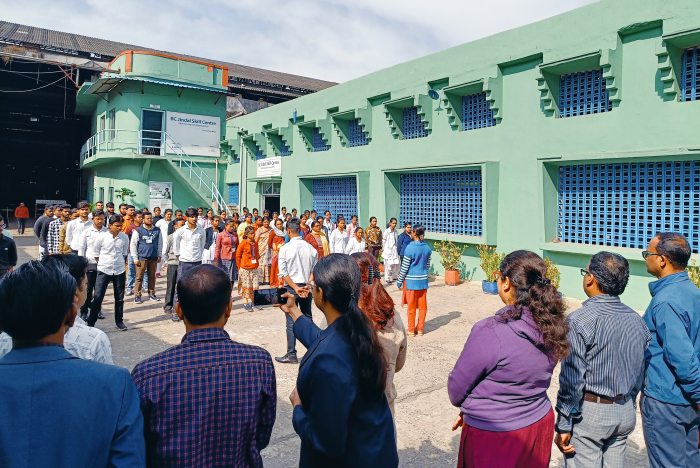
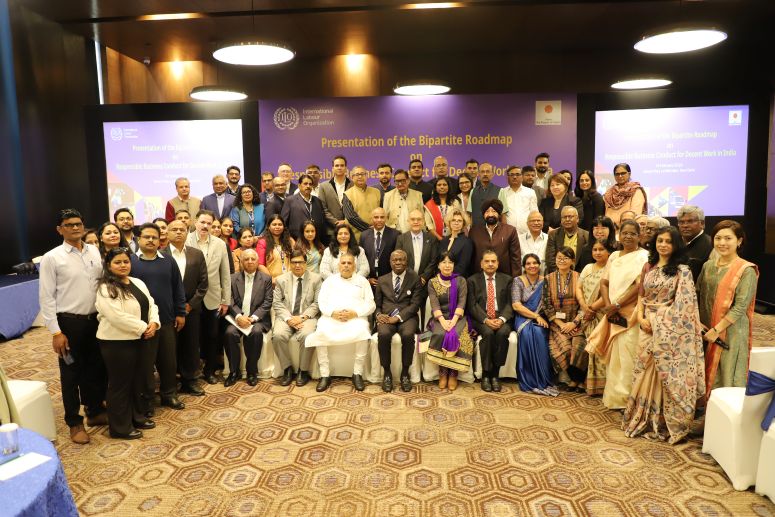
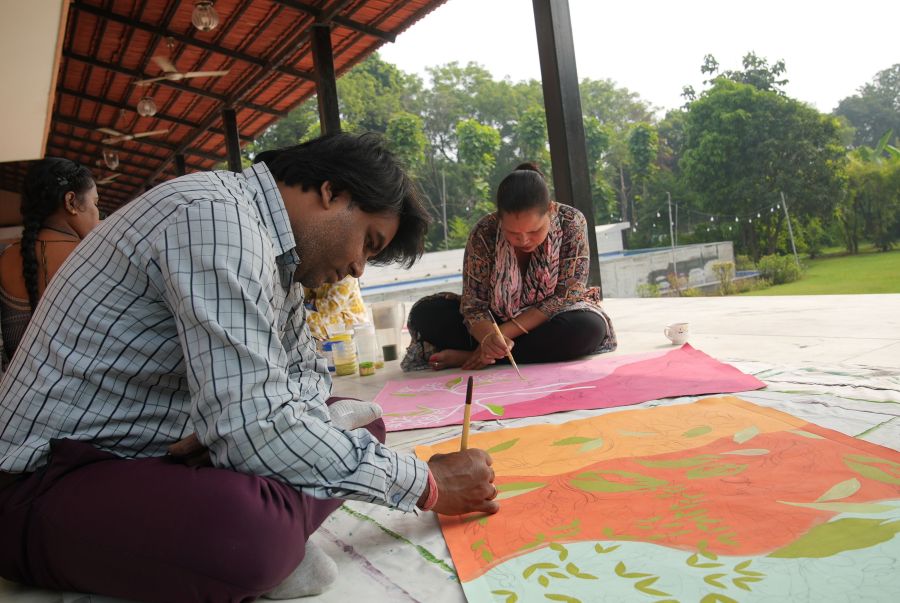
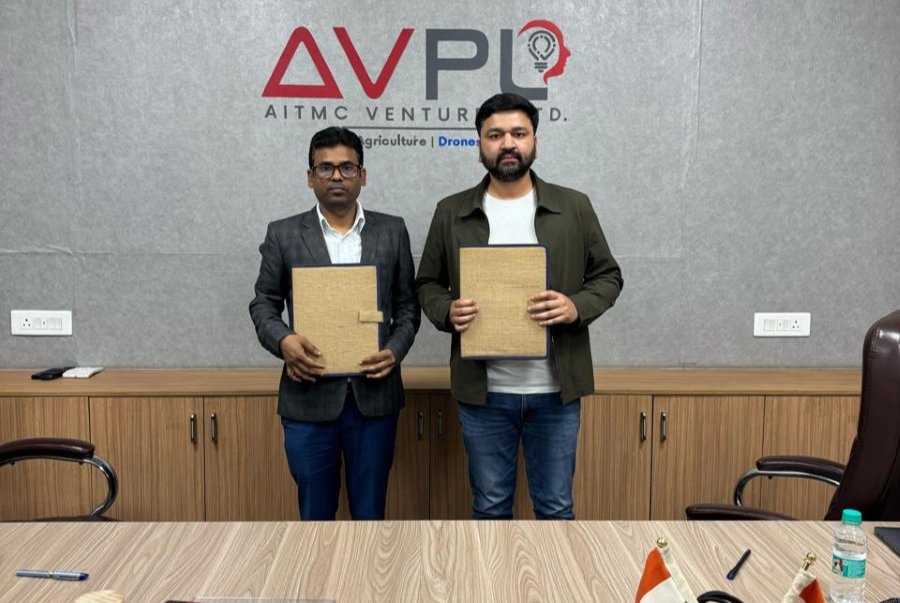
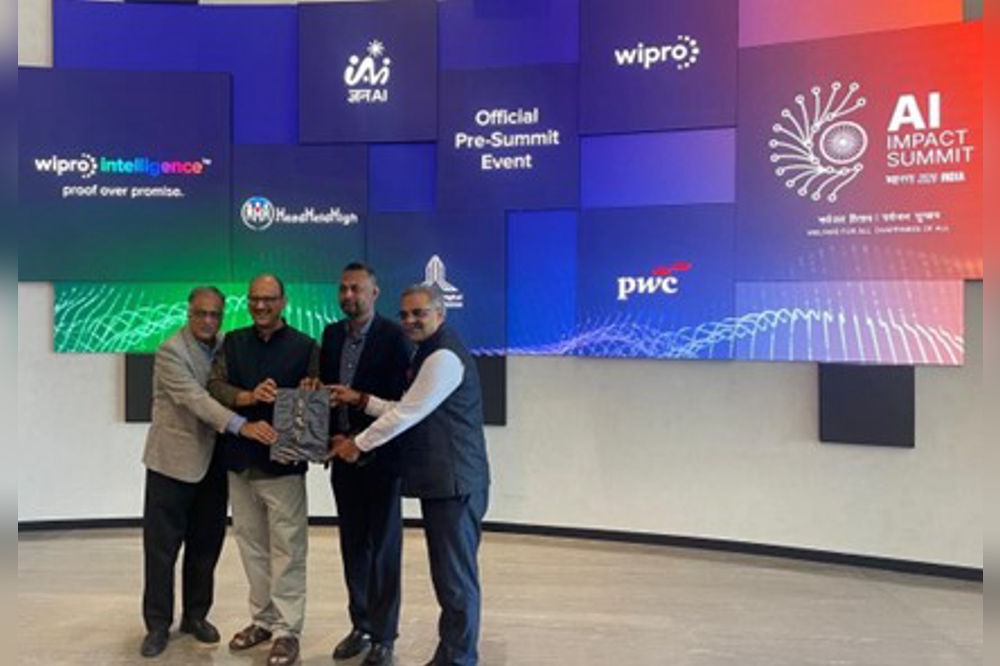
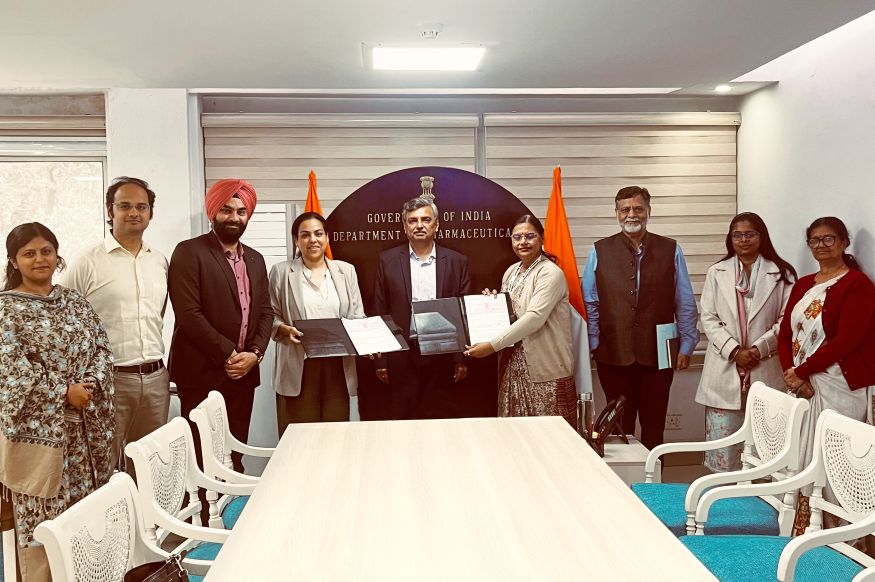







.jpg)



